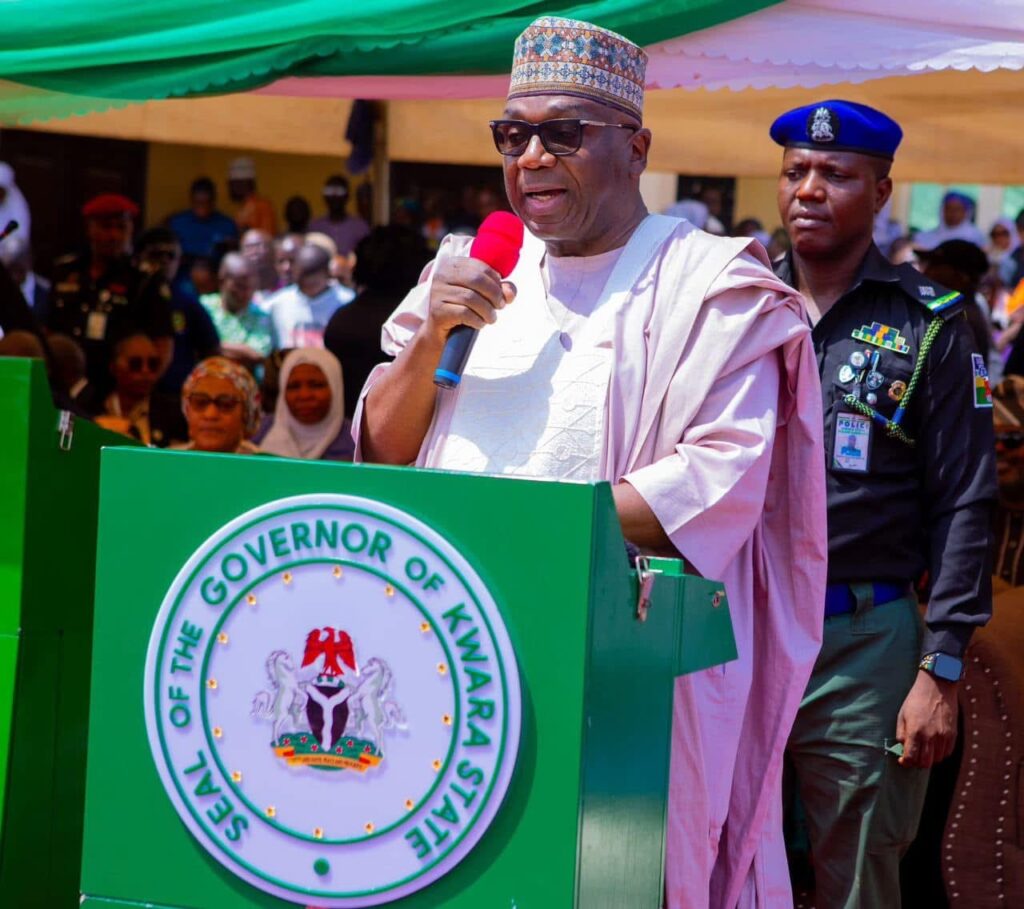…Governor AbdulRazaq Reaffirms Commitment to Strengthening Healthcare Access

For years, residents of rural communities in Kwara State have struggled with limited access to quality healthcare. Expectant mothers often had to travel long distances for antenatal care, while families faced challenges finding well-equipped clinics for their children’s treatment. That reality is now set to change as the Kwara State Government embarks on an extensive upgrade of 70 Primary Health Care (PHC) facilities across the state, ensuring that basic healthcare is brought closer to the people who need it most.

Speaking during the contract signing ceremony for the project, Executive Secretary of the Kwara State Primary Health Care Development Agency (KWSPHCDA), Professor Nusirat Elelu, said the intervention will improve healthcare infrastructure, provide solar power for uninterrupted service, build staff quarters for medical personnel, and supply ultra-modern medical equipment to enhance service delivery. She explained that the upgrade, backed by the World Bank-funded Immunisation Plus and Malaria Progress by Accelerating Progress and Transforming Services (IMPACT) project, is designed to make PHCs fully equipped to provide essential health services across the state.
Prof. Elelu emphasized that Governor AbdulRahman AbdulRazaq’s administration has remained deeply committed to transforming healthcare access. She recalled that 53 PHCs had already been renovated, with another 9 currently undergoing upgrades, noting that the goal is to ensure that no part of the state is left behind in the government’s plan to strengthen primary healthcare services. She also pointed out that over 1,005 healthcare workers, including doctors, have been recruited to ensure that the PHCs operate efficiently, addressing concerns about understaffing in rural clinics.
The IMPACT Programme Manager, Dr. Michael Oguntoye, stated that the project must be completed within three months and warned against any delays by contractors. He stressed that the primary beneficiaries of the initiative are under-five children, pregnant women, and vulnerable populations, with the overarching aim of reducing maternal and child mortality rates in Kwara. He further added that the IMPACT project will also improve national monitoring and evaluation systems, enhance service quality, and create more awareness about the importance of accessible healthcare services.
With this latest initiative, Governor AbdulRahman AbdulRazaq has once again demonstrated his administration’s commitment to building a strong and inclusive healthcare system. As work begins on these facilities, communities across Kwara can look forward to a future where quality healthcare is no longer a privilege, but a right accessible to all.

Leave a Reply